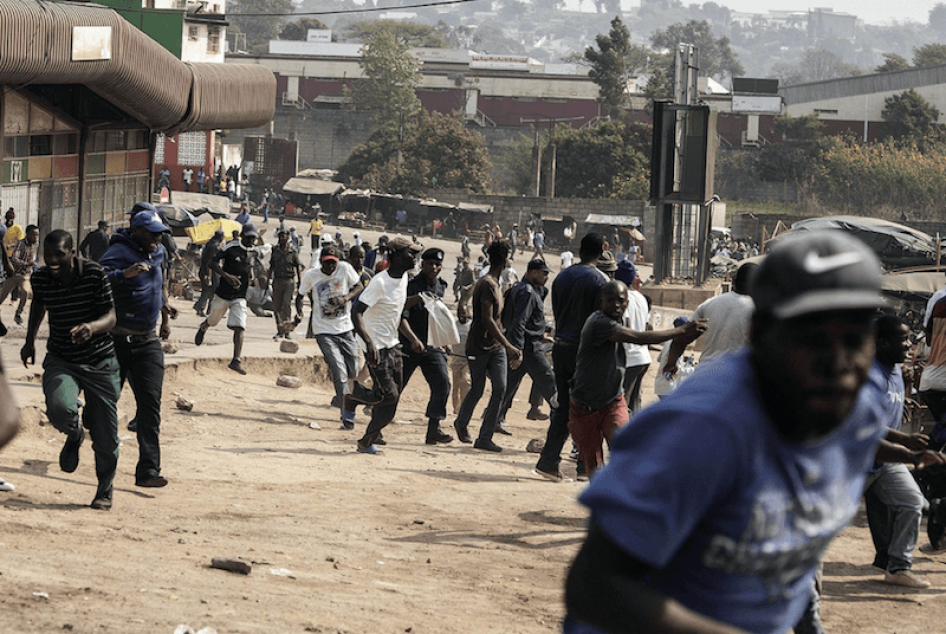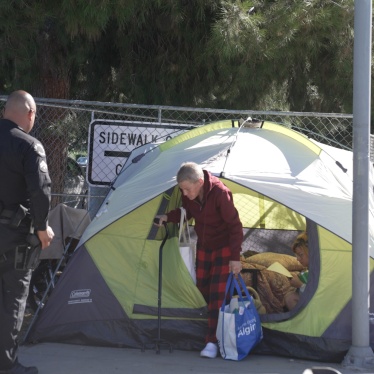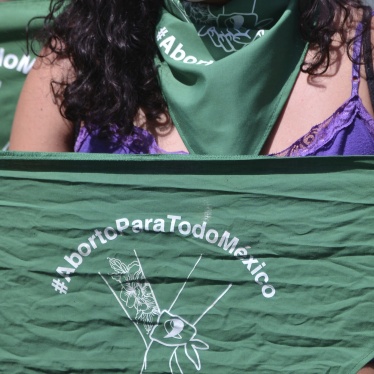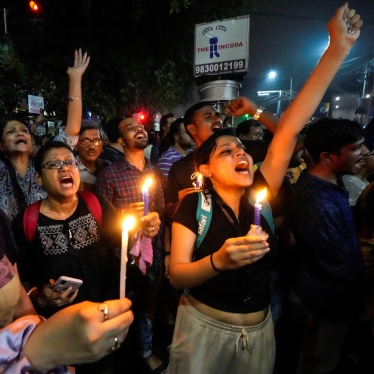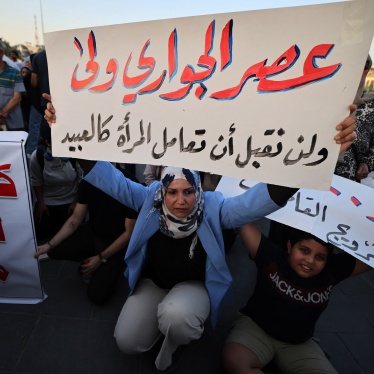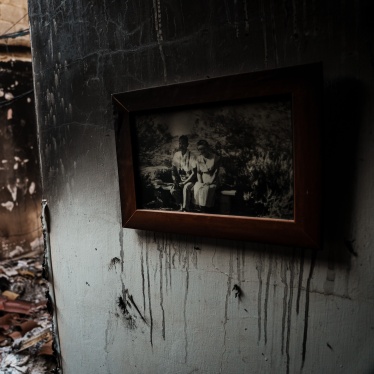What happens when those who are supposed to promote and protect human rights violate them? Three years after eSwatini’s crackdown on pro-democracy protests and more than 500 days since Thulani Maseko, a prominent human rights lawyer and opposition activist was killed there, how do we harness support around the world against human rights violations in eSwatini?
The country received a score of 17 out of 100 in Freedom House’s Freedom in the World 2024 report. It scored 1 out of 40 on political freedoms and 16 out of 60 for civil liberties, with a conclusion that eSwatini was “not free”. The country’s score has been consistently low for years, correlating with its entrenched culture of impunity for human rights abuses.
There has been no accountability for the security forces’ crackdown on pro-democracy protesters three years ago, despite the deaths of at least 46 people and up to 390 others injured, at least 265 of them with gunshot wounds.
On the contrary, the government has intensified its assault on dissenting views by arresting government critics on bogus charges, interfering with peaceful assembly and resisting calls for democratic reforms. Despite repeated calls by eSwatini’s international partners and other actors for rights reforms, the government has made no progress in addressing the country’s appalling human rights record.
Maseko’s killers have yet to be apprehended. A government statement on 29 December 2023 that the police are prioritising his 21 January 2023 killing — and those of others following the June 2021 civil unrest — rings hollow when the consistent calls from eSwatini’s regional and international partners, and civil society organisations for an independent, thorough and impartial investigation into Maseko’s killing appear to have fallen on deaf ears.
“We need an independent and internationally led investigation into Thulani’s assassination,” his widow, Tanele Maseko, told Human Rights Watch. “The government that jailed and then killed him cannot investigate itself.”
The role that global, continental and regional actors can play cannot be overstated. On 4 June, 500 days after Maseko’s killing, Amnesty International initiated a week of action campaign with the hashtag #500days to demand decisive action and accountability regarding the stagnant investigation. The campaign seeks to rally activists globally to mobilise and enter discussions with foreign affairs ministers and eSwatini diplomatic missions in their own countries.
Such initiatives should be encouraged, supported and, where possible, scaled up to ensure that the calls for justice and accountability ring out from all corners the world to put pressure on eSwatini authorities to do the right thing.
As noted by Sibusiso Nhlabatsi, an eSwatini human rights lawyer: “eSwatini has not been the same after June 2021. King Mswati’s regime has escalated its oppression of the Swazi people. eSwatini is not an island, hence it is expected that other states may try to intervene and call the king to order, peer to peer.
“While the Southern African Development Community framework seems to have failed to address the problems in eSwatini, solidarity among regional and international organisations may be helpful in pressing the king and the eSwatini government to respect the fundamental rights of its citizens and engage in genuine dialogue,” Nhlabatsi added.
If there are to be democratic reforms in Africa’s last absolute monarchy, global and continental solidarity may be the spark that will set alight the flame. After all, as Nelson Mandela stated, “Solidarity is the oxygen that fuels the fire of social change.”
May the spark that brings democracy, rule of law and human rights shine bright in the kingdom of eSwatini and that people from other countries will reach out to that country’s people to provide the solidarity they have long deserved.

